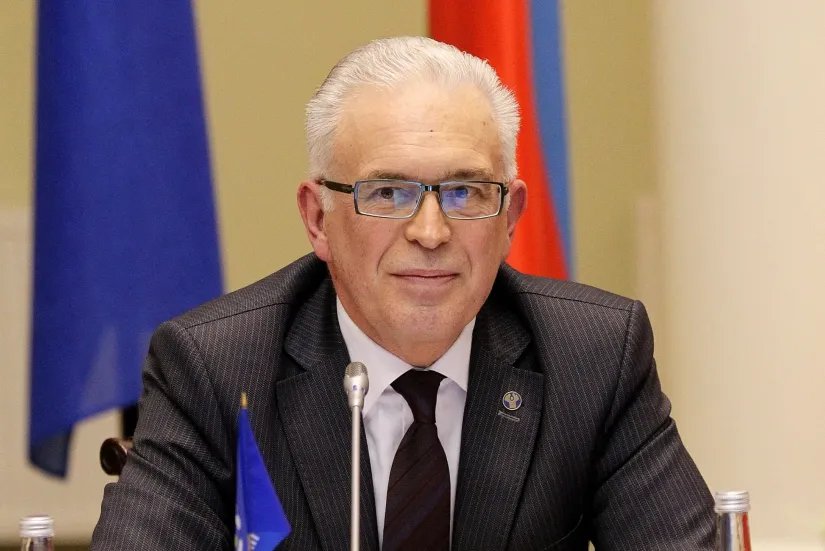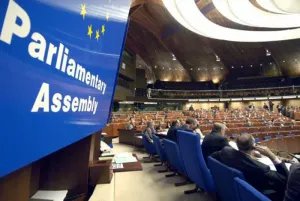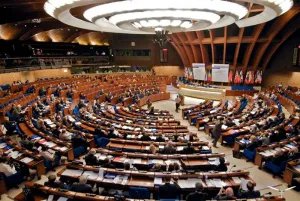IPA CIS SG Alexey Sergeev met with the Sankt-Peterburgskie vedomosti
26 April 2013

Ahead of the Day of Russian Parliamentarism on 27 April 2013, Secretary General of the IPA CIS Council Alexey Sergeev met with the Sankt-Peterburgskie vedomosti. In the interview he spoke about the importance of representative process in Russia. He underscored the relevance of this new commemorative event suggested by the two chambers of the Russian Federal Assembly at the 20th anniversary of the new Russian Douma.
Alexey Sergeev traces a direct line of succession between the IPA CIS and the first Douma that deliberated at the beginning of the XX century in Russia. He went on to relate about model law-making, a core activity of the IPA CIS, and about the essential role of the IPA CIS in initiating new laws throughout the CIS. According to the plan for model-law making in 2011 – 2015, the IPA CIS will draft 157 model acts during that period.
Speaking about the essence of parliamentarism, he called it a crucial mechanism that invests structure to the process of governance in the state. He also touched upon the evolution of election law in Russia and other key issues that made a mark on the Russian democracy.
Alexey Sergeev said that modern parliamentarism in Russia draws on the lessons of western interparliamentary organizations like PA CE. The two Assemblies have a record of extensive partnership through organizing joint conferences. The recent joint IPA CIS – PA CE conference Role of Parliamentary Organizations in Building a Europe without Dividing Lines took place on 12 April 2012 in St. Petersburg. It was meant to be a contribution in shifting from mistrust to understanding among the CIS and Europe.
Finally, the IPA CIS Council SG stressed that democracy in Russia and, broadly, in the CIS is rooted in parliamentarism. The two concepts have common history and are actively interrelated. The role of governments and body politic is to cultivate this positive engagement in specific contexts of each state.



